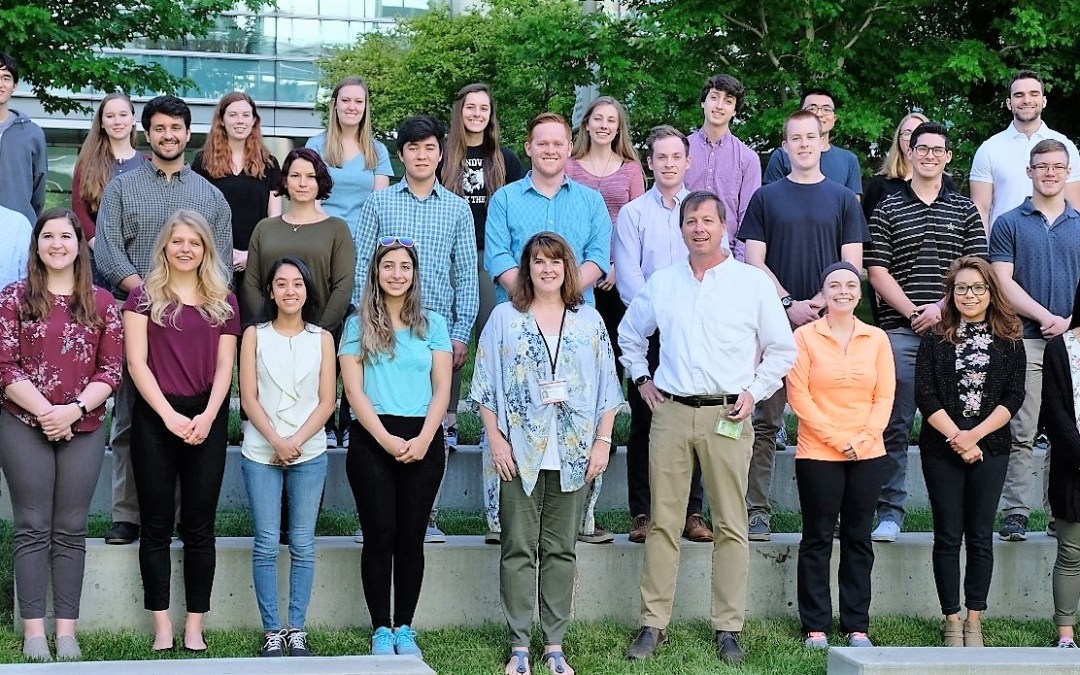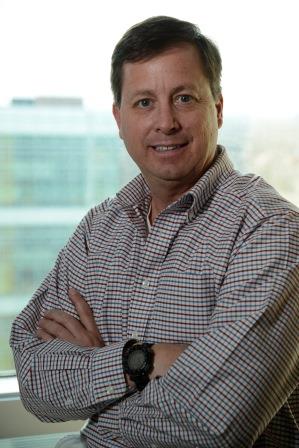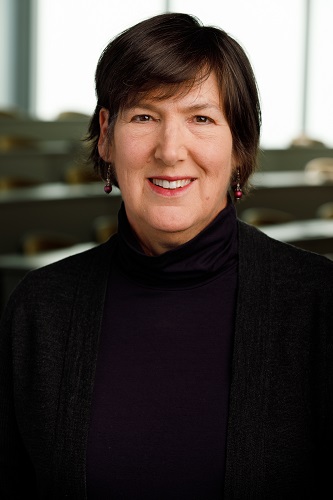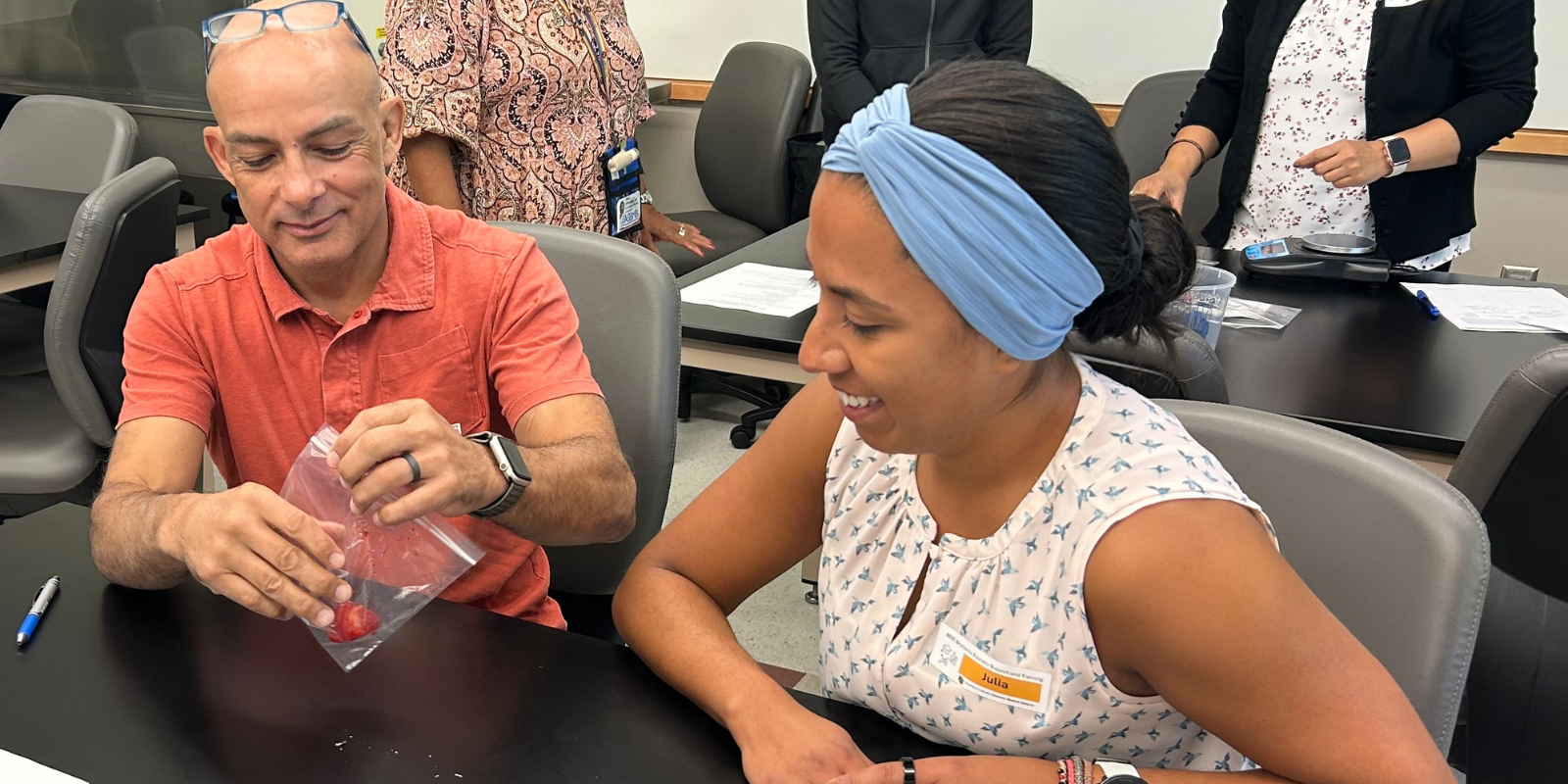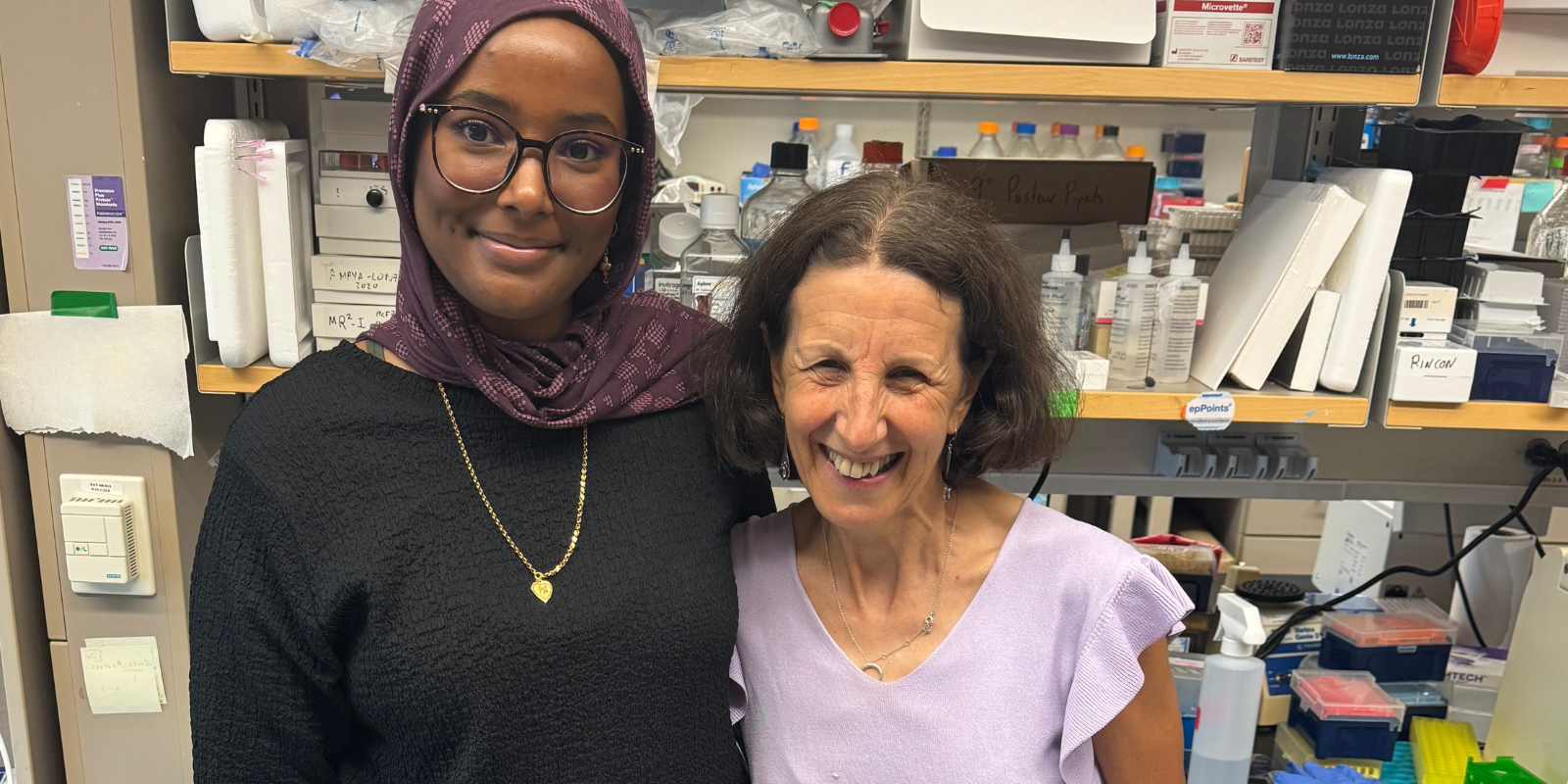The University of Colorado Cancer Center Summer Research Fellowship Program directed by John Tentler, PhD, is a 10-week intensive laboratory experience for undergraduates preparing for careers in medicine or scientific research. Now a 5-year, $1.6M education grant from the National Cancer Institute, headed by Principle Investigator, Mary Reyland, PhD, will help modernize this long-running Cancer Center program.
“Basically, the grant will allow us to double the stipend that we offer to students and provide some help with travel and housing on an as-needed basis,” says John Tentler, PhD, associate director for education at CU Cancer Center and co-Investigator on the grant.
Currently, the program is funded in part by CU Cancer Center, with additional funding from the Colorado Clinical and Translational Sciences Institute, the Cancer League of Colorado, the scientific mentors who host students in their labs, and by philanthropic funds.
“Without this grant, it limited how many preceptors we would get who were willing to accept students. When funding is tight, even $1,300 can seem like a lot,” Tentler says.
Lack of funding for stipends has led to struggles recruiting socioeconomically diverse students. Currently, students of diverse backgrounds make up about 10 percent of enrollment. Activities based on the current grant hope to increase that number to 25 percent.
“We want to provide opportunities for students who don’t have those advantages, who are strong and really want to explore careers in cancer research,” says Reyland, who also directs the CU doctoral program in Cancer Biology.
One of the initiatives aimed at increasing the diversity of participants is increased recruitment efforts in partnership with two high-diversity colleges, namely University of New Mexico and Chaminade University in Hawaii. Dr. Kristine Sikora, Director of Recruitment for the CU Graduate School, and a co-Investigator on this grant, will play a vital role in establishing and sustaining these relationships.
“Cancer centers should have an expectation to be part of this pipeline that brings people into research. That’s part of our job,” Reyland says.
In 2019, about 250 undergraduate students applied for the summer fellowship program and about 40 were accepted. Students chose from 52 scientific mentors and in addition to learning the basics of laboratory science, attended weekly seminars and half-day immersion experiences with other faculty or area biotechs, exploring topics including personalized medicine and bioinformatics, cancer pathobiology, and pathological diagnostics. This summer’s program recently culminated in a poster session mimicking a scientific conference during which students presented their work.
Collaborations with the research community outside the program itself already makes CU’s summer fellowship unique. The current grant will allow the program to expand this innovative aspect, creating new partnerships with the growing biotechnology community surrounding the Anschutz Medical Campus, and beyond.
“Today, you can’t do your undergrad in biology and then go straight into a PhD program. You need some lab experience too. These programs give students a chance to earn this experience while seeing what it’s all about – to experience hypothesis-driven research and let them figure out if they like it,” Reyland says.
Applications for enrollment in the summer 2020 program will be available early in the new year.
